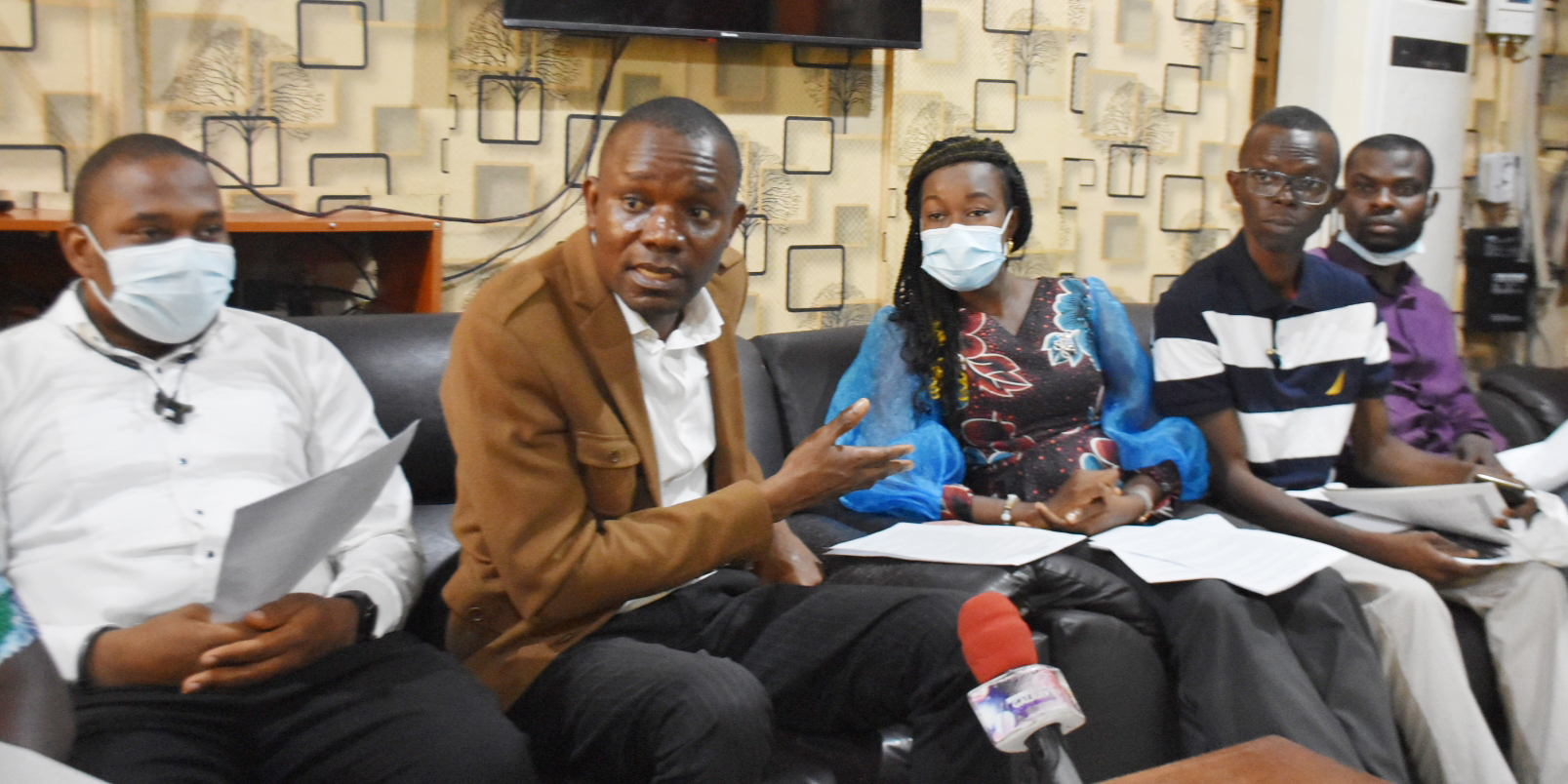Business
Countries Borrowing To Finance Budget Deficits Not Bad – DMO

The Director-General (DG) of the Debt Management Office, Patience Oniha, has said countries borrowing to finance budget deficits and critical infrastructure is not necessarily a bad idea.
Disclosing this in an interview with The Tide’s source yesterday in Lagos while speaking during a programme on security issuance organised by the Debt Management Office (DMO), the DG said government borrowings were done by all countries across the world, mostly to finance critical infrastructure, the multiplier effects of which could not be overemphasised.
Oniha stated that successive Nigerian governments have had to borrow to fund budget deficits, adding that annual budgets would be affected if funds were not raised to support them.
“The issue of debt has become topical in Nigeria that sometimes it almost looks as if borrowing is an offence or a crime. The first thing we must understand is that countries across the world borrow, be it poor countries, advanced countries, developed countries, emerging markets, they all borrow.
“We usually hear complaints that debt levels are rising in Nigeria. Globally, debt levels are rising – not just in Nigeria,” she said, stressing that the advent of COVID-19 had also made borrowing imperative for many countries, regardless of size, population, or economic growth.
“What has happened with COVID-19 is that countries needed to spend more, not only on health needs but on social needs as well, because we need to take care of the people who are losing their jobs.
“We need to create incentives for the private sector to continue operating in order to avoid a big recession because most countries experienced (recession).
“We did as well, but we came out of it after two quarters. Government spending is one of the tools you can use properly to exit a recession,” she affirmed.
The DMO boss made a case for the Federal Republic of Nigeria with regards to financing budget deficits, financing specific projects and services like railways, roads, airports, et al., opining that infrastructural financing is in “itself an economy”, capable of creating enormous jobs across all sectors in the country.
“We also borrow to finance maturing loan obligations like the Federal Government of Nigeria bonds and Nigeria Treasury Bills,” Oniha said, and observed that certain statutory norms regulating government’s borrowings at various levels and guarding against fiscal impropriety arising from the process.
“The Fiscal Responsibility Act states that borrowing should be for capital purposes and for human capital development.
Transport
Automated Points Concession : FAAN Workers Gave 72hrs To Revise Decisions In PH

Transport
FAAN Announces Pick-Up Points for Go-Cashless Cards

Business
Fidelity Bank To Empower Women With Sustainable Entrepreneurship Skills, HAP2.0
-

 News5 days ago
News5 days agoAmend Constitution To Accommodate State Police, Tinubu Tells Senators
-

 Politics5 days ago
Politics5 days agoSenate Urges Tinubu To Sack CAC Boss
-
Business5 days ago
Crisis Response: EU-project Delivers New Vet. Clinic To Katsina Govt.
-
Business5 days ago
President Tinubu Approves Extension Ban On Raw Shea Nut Export
-

 News4 days ago
News4 days agoDisu Takes Over As New IGP …Declares Total War On Corruption, Impunity
-
Business5 days ago
Fidelity Bank To Empower Women With Sustainable Entrepreneurship Skills, HAP2.0
-
Business5 days ago
President Tinubu Extends Raw Shea Nuts Export Ban To 2027
-
Sports5 days ago
NDG: Rivers Coach Appeal To NDDC In Talent Discovery

